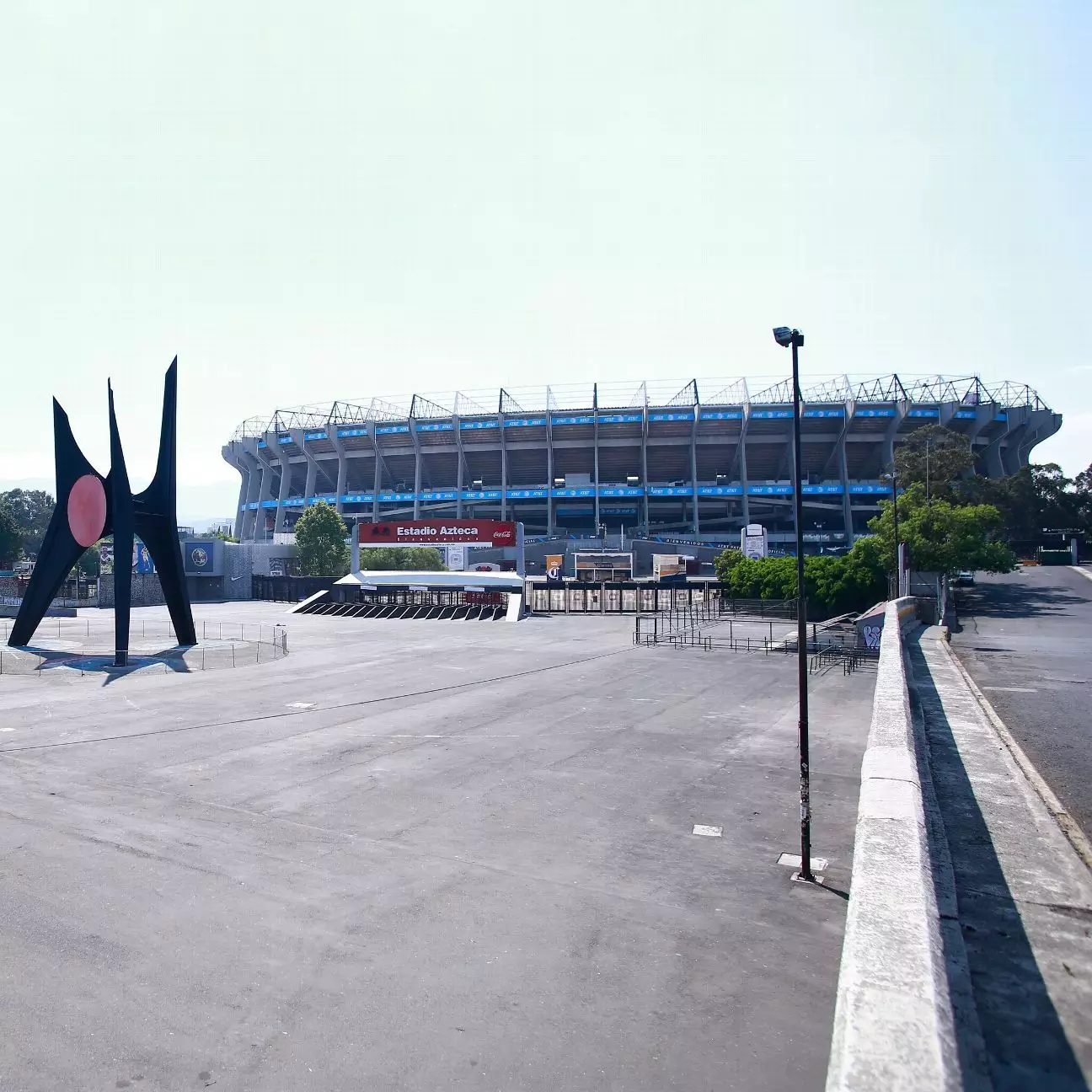At the heart of the controversy surrounding Estadio Azteca lies a complex entanglement of history, legal rights, and commercial interests. The stadium, an iconic symbol of Mexican football and a cultural landmark since 1961, now faces a contentious future due to disagreements about access and ownership rights. Originally financed by Emilio Azcárraga Milmo through private luxury box sales, the stadium’s owners believed their investments granted them lifelong privileges, including access to all events within the venue. These contracts, established with an impressive duration of 99 years, were meant to secure a sense of permanence and exclusivity. Yet, as the world prepares for the 2026 FIFA World Cup—an event that promises global spectacle—the very legitimacy of these longstanding agreements is being challenged.
The core issue is whether these rights should be respected in the new era of FIFA’s centralized control. FIFA’s insistence on full control over stadiums post-contract expiration has created a rift with private suite owners, threatening to revoke their access for the upcoming tournament. This conflict pits legacy investments against modern planning, raising profound questions about contractual sanctity and the evolving relationship between private property rights and international sporting mandates.
The Legal and Moral Dimensions of the Dispute
Roberto Ruano, representing the Association of Estadio Azteca Suite Owners, has positioned himself and his colleagues as defenders of their contractual rights. Their unequivocal stance is that their protected investments, rooted in 99-year agreements, should take precedence over FIFA’s plans to commandeer the stadium. The impending legal confrontation emphasizes how commercial interests clash with organizational policies at the highest levels of international sport.
What heightens the tension is the reliance on legal machinery and government intervention. Guillermo Torres, one such owner, has already filed a formal complaint through Mexico’s Federal Consumer Protection Agency, seeking to uphold their rights to access the luxury boxes. This move signifies a recognition that legal recourse might be the only way to preserve their investments amid the encroaching authority of FIFA and stadium management. The looming deadline of September 9 adds urgency—failure to reach a resolution by then could result in protracted legal battles, further destabilizing the legacy of Azteca’s storied past.
The ethical questions are equally compelling. Is it fair for FIFA to prioritize its overarching tournament control over individual contractual rights? Given the historical precedent set by Emilio Azcárraga Milmo in 1986—who personally paid for the rights to preserve the suite owners’ access—the current situation presents a moral dilemma about respecting longstanding commitments versus accommodating institutional authority. The inflation of ticket and luxury box prices further complicates this narrative, highlighting how commercial greed risks overshadowing contractual fairness and heritage preservation.
The Future of the Stadium: A Clash of Power and Principle
As the countdown to the World Cup intensifies, the stakes are high for all parties involved. FIFA’s strategic plan to centralize control over stadiums underscores a broader push for uniformity and streamlined operations during the tournament. However, this approach conflicts starkly with the tradition of individual ownership and local stakeholder interests. The stadium’s management appears to be caught between honoring contractual obligations and fulfilling FIFA’s logistical demands.
The reliability of communication is also under scrutiny. Roberto Ruano expresses cautious optimism, trusting that the stadium’s management and FIFA will reach an agreement. Yet, the potential for unresolved disputes looms large, hinting at a future where legal battles could overshadow football festivities. The specter of losing access to a stadium so intrinsically linked to Mexico’s cultural identity sparks concerns about how commercial negotiations might erode historical bonds.
In the broader context, this dispute exemplifies a recurring theme in international sports: the delicate balance between commercial interests, legal rights, and cultural heritage. As FIFA seeks to cement its legacy with a globally watched World Cup, local stakeholders like the Azteca suite owners are fighting to ensure their rights—embedded in decades-old agreements—are not rendered obsolete by bureaucratic or commercial ambitions. The outcome will likely shape future negotiations about legacy rights, private investment, and the sustainable stewardship of historic sports venues.

